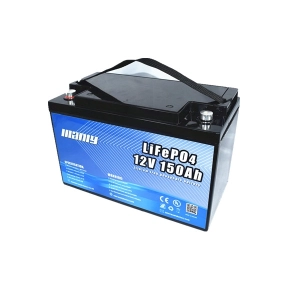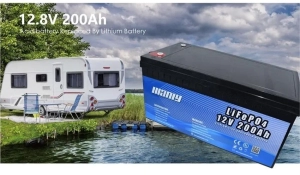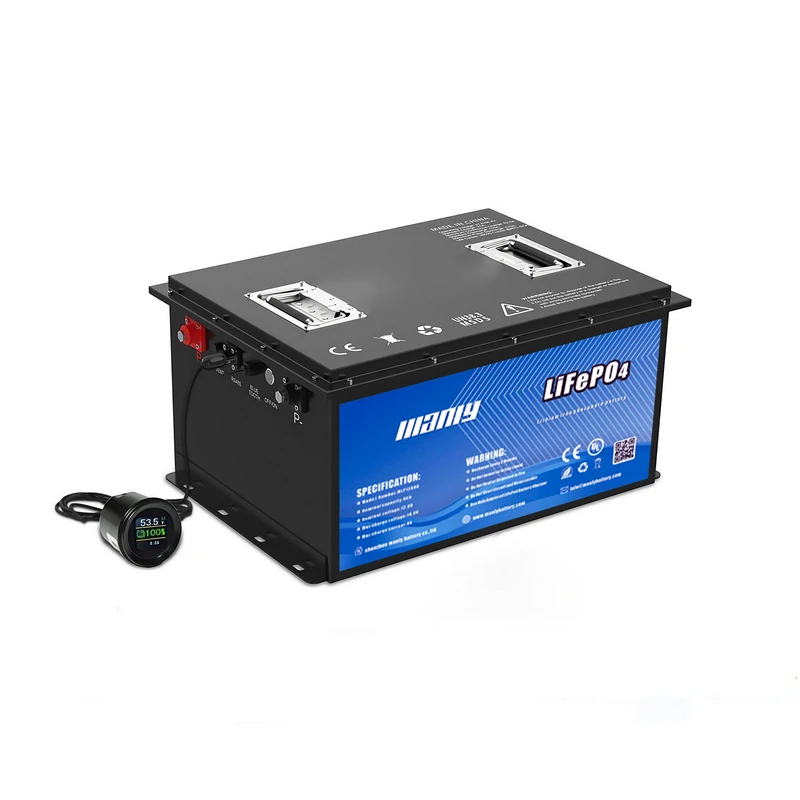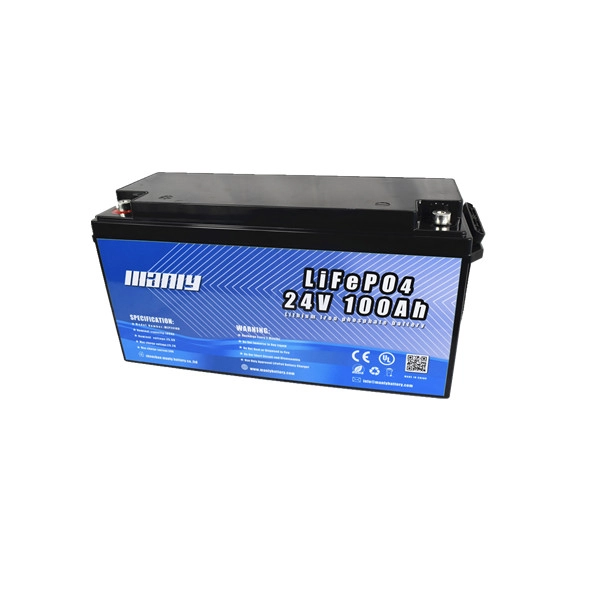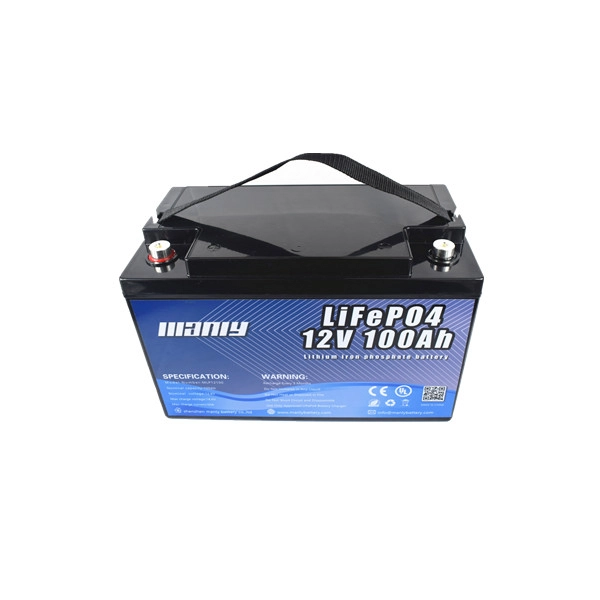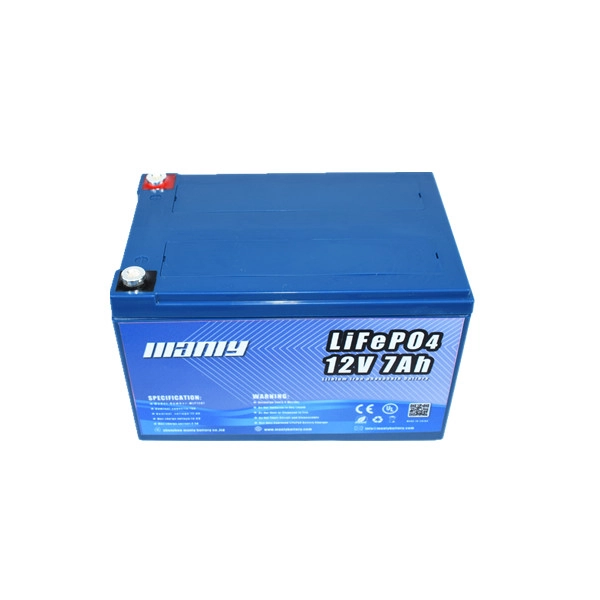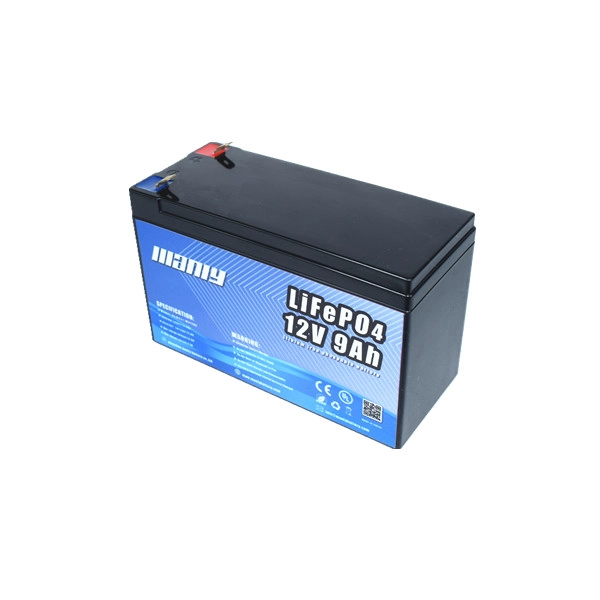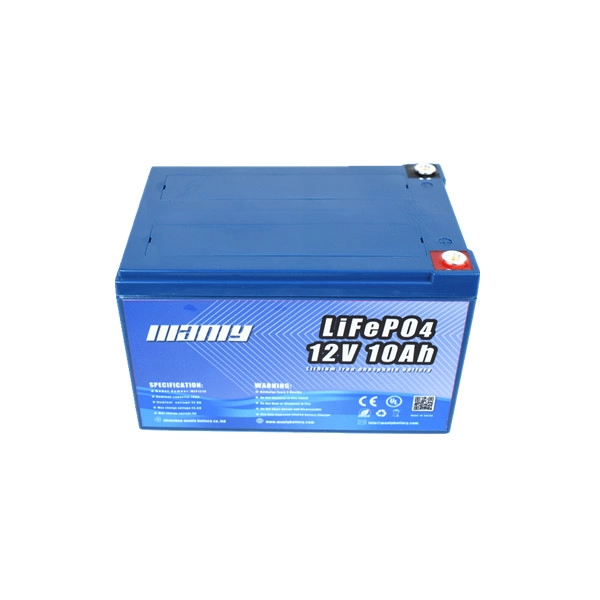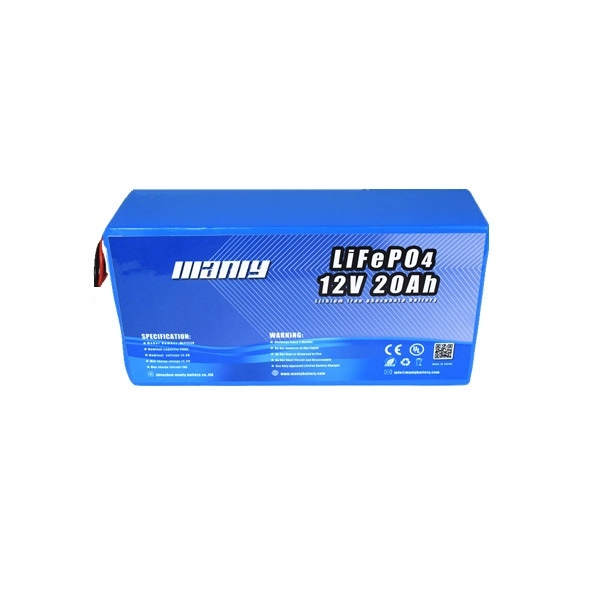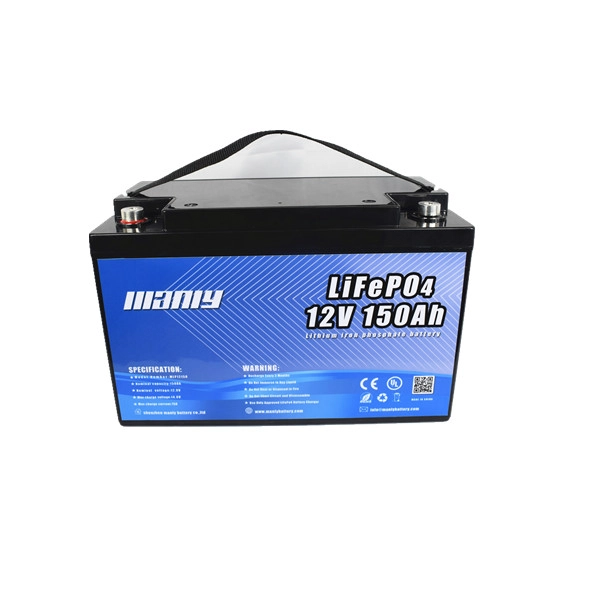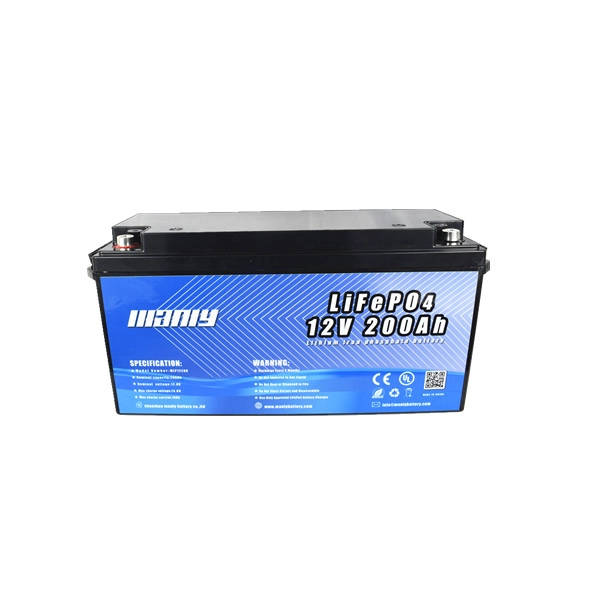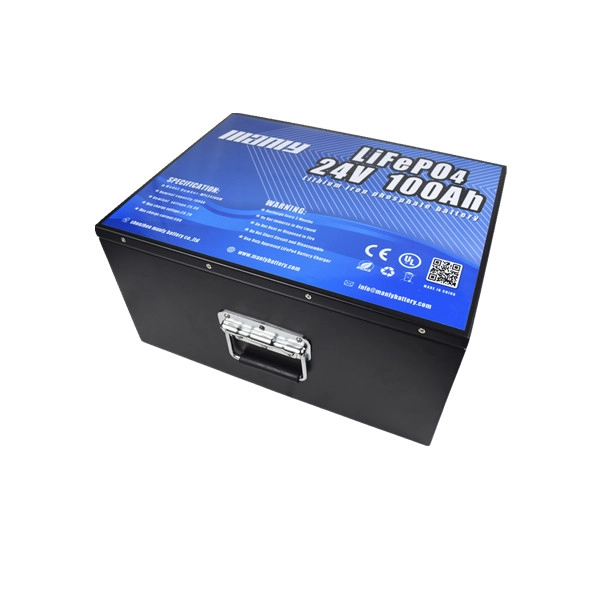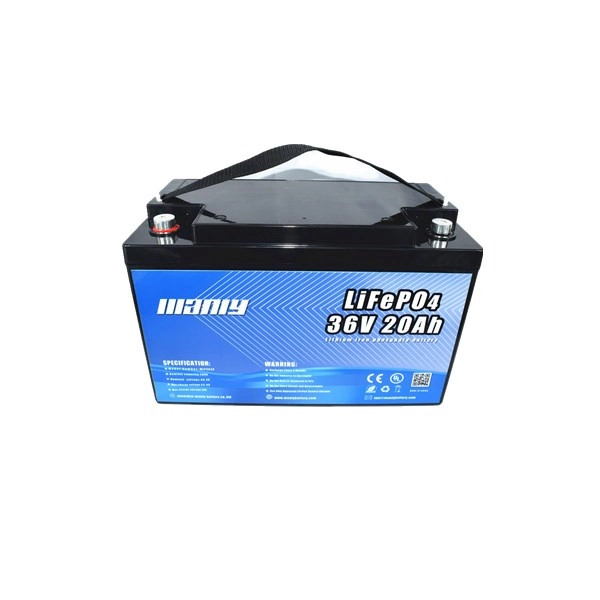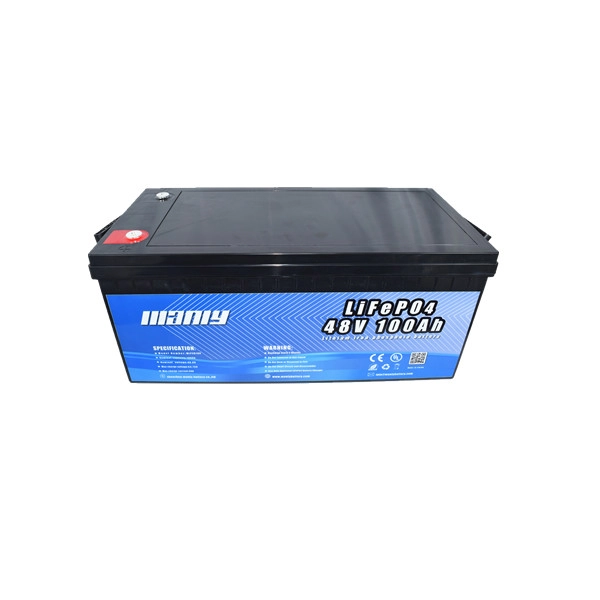2024 Wie viel wiegt eine Schiffsbatterie?
Inhaltsverzeichnis
- 2024 Wie viel wiegt eine Schiffsbatterie?
- Bedeutung des Batteriegewichts in Schiffsanwendungen
- Die leichtesten Optionen für Schiffsbatterien
- Typische Gewichtsbereiche für Schiffsbatterien
- Was wiegt eine 12-V-Batterie für Boote?
- Gewichtsunterschiede zwischen den Batterietypen
- Gewichte verschiedener Schiffsbatteriegrößen
- Gewichtsunterschiede zwischen Start- und Deep-Cycle-Schiffsbatterien
- Wiegt ein voll aufgeladener Akku mehr?
- Wie sich das Batteriegewicht auf die Schiffsleistung auswirkt
- Gewichtsvergleich zwischen Nasszellen- und Trockenzellen-Schiffsbatterien
- Wie das Batteriegewicht von Schiffen mit dem Batteriegewicht von Autos und Wohnmobilen verglichen wird
- Berechnen des Gesamtbatteriegewichts für Ihr Schiff
- Auswahl zwischen Gewicht, Leistung und Kosten bei Bootsbatterien
- Hersteller von Bootsbatterien
- Abschluss
- Erfahren Sie mehr über Batterie
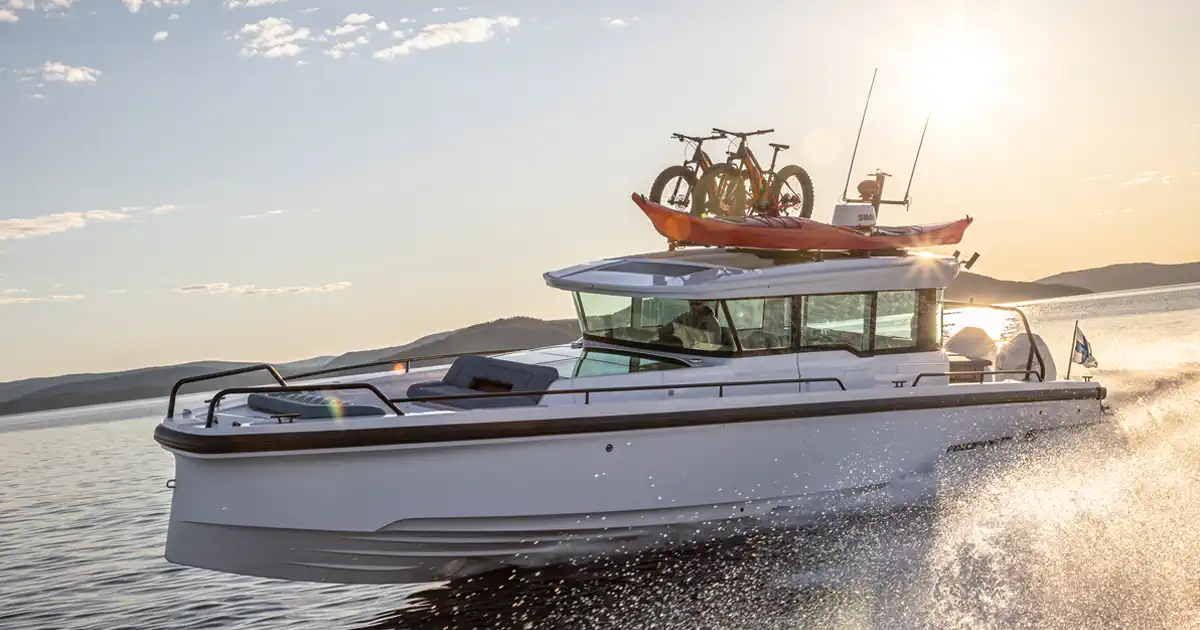
Bedeutung des Batteriegewichts in Schiffsanwendungen
When it comes to marine applications, battery weight plays a crucial role in overall performance. Heavier batteries can slow down a boat and make it harder to maneuver, especially for smaller vessels like kayaks and canoes. Excess weight raises the boat’s center of gravity, increasing the risk of tipping and instability. Additionally, a heavier battery requires counterbalancing, which adds even more weight. This extra load reduces the power-to-weight ratio, causing the engine to work harder and leading to higher fuel consumption and lower efficiency. Even a small reduction in battery weight can significantly enhance speed and handling, especially for boats under 20 feet. Keeping batteries lightweight is essential for improving performance and safety across all types of marine craft.Die leichtesten Optionen für Schiffsbatterien
The lightest marine battery option currently available is the marine lithium battery. These batteries can weigh 60-70% less than comparable lead-acid batteries with similar capacities. For example, a 100Ah lithium boat battery might weigh between 20-30 pounds, while a lead-acid counterpart could weigh anywhere from 60 to 100 pounds. This substantial difference makes lithium boat batteries the ultimate choice for weight-conscious boaters. A comparison of typical 100Ah battery weights highlights this advantage:- Lithium-Ionen:20 – 35 Pfund
- AGM-Bleisäure:60 – 80 Pfund
- Gel-Bleisäure:60 – 80 Pfund
- Bleisäure in Nasszellen:80 – 120+ Pfund
Typische Gewichtsbereiche für Schiffsbatterien
Marine batteries vary significantly in weight depending on their type and specifications. Understanding the typical weight range can help boaters choose the right boat battery for their needs. Here’s a breakdown of the expected weights for different battery types:- Lithium-Ionen:16 – 32 Pfund
- AGM-Bleisäure:30 – 60 Pfund
- Gel-Bleisäure:35 – 75 Pfund
- Bleisäure (Nasszelle):50 – 120+ Pfund
Was wiegt eine 12-V-Batterie für Boote?
The weight of a 12V-Batterie für BootDie Verwendung kann je nach Art und Kapazität variieren. Im Allgemeinen können Sie Folgendes erwarten:- Lithium-12-V-Bootsbatterien:Ungefähr 20 – 35 Pfund
- AGM 12V-Batterien:Normalerweise wiegen sie zwischen 30 und 60 Pfund
- Gel-12-V-Batterien:Im Allgemeinen zwischen 35 und 75 Pfund
- Nasszellen-12-V-Batterien:Kann zwischen 50 und 120 Pfund wiegen
Arten von 12-V-Bootsbatterien
There are several types of 12V-Bootsbatterienverfügbar, jedes mit einzigartigen Eigenschaften:- Lithium batterien:Bekannt als die leichteste Schiffsbatterie mit hoher Energiedichte und langer Lebensdauer.
- AGM-Batterien:Bieten eine gute Leistung und sind auslaufsicher, aber schwerer als Lithium.
- Gelbatterien:Ähnlich wie AGM sind sie sicher und zuverlässig, aber immer noch schwerer.
- Nasszellenbatterien:Die traditionelle Option ist im Vergleich zu Lithium-Alternativen am schwersten und weniger effizient.
Sind alle Schiffsbatterien 12 V?
Not all marine batteries are 12V. While many smaller boats utilize 12V systems, larger vessels may use higher voltage batteries, such as 24V or 48V, for their power needs. The choice of voltage depends on the boat’s size, required power output, and electrical system design.Faktoren, die das Batteriegewicht beeinflussen
Several factors influence Batteriegewicht, einschließlich:- Akku-Typ:Lithium batterien sind im Allgemeinen viel leichter als Blei-Säure-Batterien.
- Kapazität:Batterien mit höherer Kapazität wiegen aufgrund der größeren Menge an verwendeten Materialien tendenziell mehr.
- Entwurf:Die beim Bau verwendeten Materialien, wie zum Beispiel Bleiplatten in herkömmlichen Batterien, tragen erheblich zum Gewicht bei.
- Gruppengröße:Verschiedene Schiffsbatteriegrößen haben spezifische Abmessungen, die sich auf ihr Gesamtgewicht auswirken.
Vergleich der schwersten und leichtesten Bootsbatterien
When comparing the heaviest and lightest options:- Leichteste Schiffsbatterie:Lithium batterien sind führend, wobei einige Modelle bei gleicher Kapazität nur 16 Pfund wiegen.
- Schwerste Bootsbatterie:Herkömmliche geflutete Blei-Säure-Batterien können über 120 Pfund wiegen, insbesondere in größeren Gruppen wie Gruppe 31.
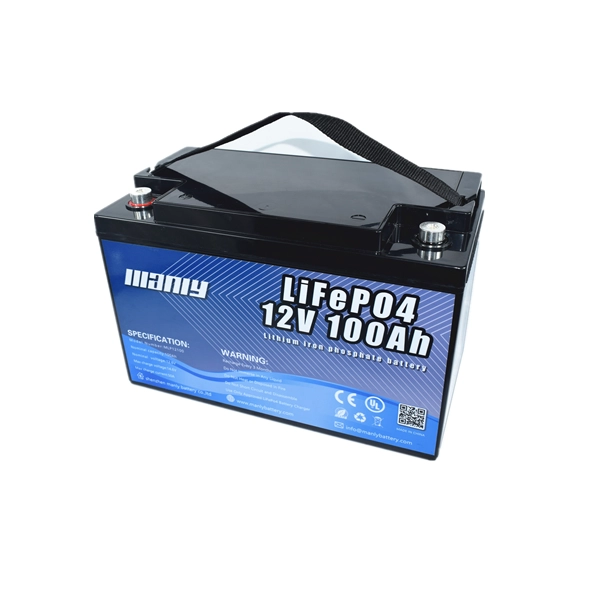
Gewichtsunterschiede zwischen den Batterietypen
Understanding the weight differences between various battery types is crucial for selecting the right marine battery for your vessel. Each type has its own characteristics that affect battery weight, making it essential to choose wisely.Blei-Säure-Batteriegewichte
Flooded lead-acid batteries are the heaviest among marine batteries. Typically, their weights range from 50 to over 120 pounds, depending on the specific group size. For example, a group 31 battery weight can easily reach 70-90 lbs. This significant weight is due to the dense lead plates and liquid sulfuric acid inside, making them less suitable for weight-sensitive applications.AGM-Batteriegewichte
Absorbed Glass Mat (AGM) batteries are a popular choice for many boaters. They generally weigh between 30 and 60 pounds, making them lighter than traditional lead-acid batteries but still heavier than marine lithium batteries. AGM batteries offer good performance and are spill-proof, but their weight can impact overall boat agility.Gewichte für Gelbatterien
Gel batteries are similar to AGM in weight, typically ranging from 35 to 75 pounds. These batteries contain a gel electrolyte, making them safer and less prone to leaks. However, they still don’t match the lightweight nature of lithium options. Their weight can be a consideration for smaller boats where every pound counts.Gewichte der Lithium-Ionen-Batterie
Lithium-ion batteries are the lightest marine battery option available today. Weighing between 16 and 32 pounds, they provide substantial weight savings compared to lead-acid and AGM batteries. For instance, a 100Ah lithium boat battery can weigh as little as 20-30 lbs, significantly enhancing performance and efficiency. The lightweight design and higher energy density make lithium batteries an ideal choice for modern marine applications.By comparing these weights, boaters can make informed decisions based on their specific needs, balancing battery weight with performance and capacity.Gewichte verschiedener Schiffsbatteriegrößen
The weight of Schiffsbatterienkönnen je nach Gruppengröße, die sich auf ihre physischen Abmessungen bezieht – Länge, Breite und Höhe – erheblich variieren. Das Verständnis dieser Gewichte ist für die Wahl des richtigen Gewichts von entscheidender BedeutungBootsbatteriefür Ihr Schiff. Hier sind gängige Gruppengrößen und ihre typischen Gewichte:- Gruppe 24:Das Gewicht liegt im Allgemeinen zwischen 50 und 70 Pfund. Diese Größe ist bei kleineren Booten beliebt und wird oft für Start- und Deep-Cycle-Anwendungen verwendet.
- Gruppe 27:Wiegt normalerweise etwa 60 bis 80 Pfund. Diese Gruppe ist etwas größer und bietet mehr Leistung, sodass sie für mittelgroße Schiffe geeignet ist.
- Gruppe 31:Die Batterie der Gruppe 31 ist eine häufige Wahl für größere Boote und wiegt zwischen 70 und 100 Pfund. Aufgrund ihrer Kapazität werden diese Batterien häufig für Deep-Cycle-Anwendungen eingesetzt.
- Gruppe 8D:Dies ist eine der schwersten Optionen und wiegt zwischen 100 und 120 Pfund. Es wird hauptsächlich in größeren Booten verwendet, die viel Leistung benötigen.
Gewichtsunterschiede zwischen Start- und Deep-Cycle-Schiffsbatterien
Starting and deep cycle batteries serve different purposes, and their weights reflect these differences.Starting Batteries are designed to provide a short burst of high current to start an engine. They typically weigh less than deep cycle batteries because they have thinner plates and are built for quick discharge. A lightweight boat battery of this type might weigh around 30 to 60 lbs, depending on the group size.Deep Cycle Batteries, on the other hand, are built to provide sustained power over a longer period. These batteries are generally heavier, often weighing between 50 and 120 lbs. Their thicker plates allow for deeper discharges and longer usage times. For instance, a group 31 battery weight for a deep cycle option can reach the higher end of that range, making it more suitable for powering electronics and other equipment over time.Understanding the weight differences between these battery types can help boaters choose the right option for their specific needs, balancing weight with performance and capacity requirements.Wiegt ein voll aufgeladener Akku mehr?
The question of whether a fully charged battery weighs more is an interesting one. In general, a BootsbatterieIm voll geladenen Zustand ändert sich das Gewicht im Vergleich zum entladenen Zustand nicht wesentlich. Durch die chemischen Reaktionen, die innerhalb der Batterie ablaufen, wird kein Material hinzugefügt oder entfernt; Sie verändern lediglich den Zustand des Elektrolyten. Daher bleibt das Gewicht unabhängig vom Ladezustand praktisch gleich, egal ob es sich um eine Schiffsbatterie oder um Schiffs-Lithium batterien handelt.Wie sich das Batteriegewicht auf die Schiffsleistung auswirkt
Battery weight has a direct impact on marine performance. A lighter battery, such as the lightest marine battery options available, can enhance speed, maneuverability, and fuel efficiency. For smaller vessels, a lightweight boat battery can improve responsiveness, making it easier to navigate and control the boat. Excessive battery weight can raise the boat's center of gravity, making it more prone to tipping and less stable, which can compromise safety.For larger boats, while they may accommodate heavier batteries better, excess weight still affects overall performance. It can reduce the engine's efficiency, requiring more fuel to maintain speed and leading to slower acceleration. This is particularly important for boaters looking to optimize their vessel's performance for long trips or competitive situations.By choosing the appropriate battery weight, boaters can ensure better handling, improved speed, and enhanced overall performance on the water.Gewichtsvergleich zwischen Nasszellen- und Trockenzellen-Schiffsbatterien
Yes, there is a notable weight difference between wet-cell and dry-cell marine batteries. Wet-cell batteries, such as traditional flooded lead-acid types, tend to be heavier due to the liquid electrolyte they contain. Their weight can range from 50 to over 120 lbs, making them some of the heaviest options available. In contrast, dry-cell batteries, including AGM (Absorbed Glass Mat) and lithium boat batteries, are generally lighter. For example, AGM batteries typically weigh between 30 and 60 lbs, while marine lithium batteries can weigh as little as 16 to 35 lbs. This significant difference in battery weight makes dry-cell options more favorable for those looking to reduce the overall weight of their vessel, enhancing performance and maneuverability.Wie das Batteriegewicht von Schiffen mit dem Batteriegewicht von Autos und Wohnmobilen verglichen wird
When comparing marine battery sizes to car or RV batteries, it's essential to consider their specific applications and weight ranges. Car batteries are generally similar in weight to smaller marine batteries, typically ranging from 30 to 50 lbs. However, larger RV batteries, especially those designed for deep cycle use, can weigh significantly more, often between 60 and 120 lbs, similar to heavier marine batteries like group 31 battery weight options.In summary, while there are overlaps in weight categories, marine batteries tend to be designed for different use cases, focusing on weight distribution and performance in watercraft. The lighter options in the marine category, particularly lithium boat batteries, offer distinct advantages in performance compared to the traditional heavyweights found in automotive and RV applications. By choosing the right battery weight for their needs, boaters can optimize performance while maintaining the balance and efficiency of their vessels.Berechnen des Gesamtbatteriegewichts für Ihr Schiff
When planning for a boat battery system, understanding the battery weight is crucial for overall vessel performance. To calculate the total battery weight, start by identifying the number of batteries you'll use and their individual weights. For instance, if you’re using a group 31 battery, which typically weighs around 70-80 pounds, multiply this weight by the number of batteries. Additionally, consider the marine battery sizes and marine battery dimensions to ensure they fit properly in your boat’s designated battery compartment. Always include any extra weight from accessories, such as connectors or mounting hardware, to get an accurate total. By carefully calculating the total battery weight, you can ensure optimal performance and balance for your vessel.Auswahl zwischen Gewicht, Leistung und Kosten bei Bootsbatterien
Selecting the right boat battery involves balancing weight, performance, and cost. Lightweight options, like marine lithium batteries, offer substantial benefits, including longer lifespans and faster charging times, which enhance overall performance. However, they may come at a higher initial cost. In contrast, traditional lead-acid batteries might be more affordable but can weigh significantly more, impacting your boat’s agility and speed. When considering the lightest marine battery options, weigh the benefits against your budget and intended use. Evaluate factors such as marine battery sizes and whether the reduced weight aligns with your performance goals. Ultimately, the right choice will depend on your specific boating needs and how you prioritize each aspect of battery selection.Hersteller von Bootsbatterien
 When it comes to choosing a reliable boat battery, the manufacturer plays a crucial role in ensuring quality and performance. MANLY Battery stands out as a premier producer of marine batteries, with over 13 years of excellence in the industry. Located in key regions of China, such as Shenzhen, Dongguan, and Huizhou, MANLY operates a state-of-the-art facility covering 65,000 square meters. With an impressive daily production capacity of over 3,000 batteries, MANLY delivers a wide range of battery solutions, including marine lithium batteries that cater to diverse applications, from solar energy systems to advanced robotics.The company's commitment to quality is underscored by its global certifications, including UN38.3 and UL, ensuring that each lightweight boat battery meets rigorous safety standards. MANLY also offers customization options to fit specific needs, making it a trusted choice for boaters looking for the lightest marine battery solutions. With a 10-year warranty and features such as short circuit protection and optimal performance under extreme temperatures, MANLY Battery is dedicated to providing exceptional products that enhance marine performance and reliability.
When it comes to choosing a reliable boat battery, the manufacturer plays a crucial role in ensuring quality and performance. MANLY Battery stands out as a premier producer of marine batteries, with over 13 years of excellence in the industry. Located in key regions of China, such as Shenzhen, Dongguan, and Huizhou, MANLY operates a state-of-the-art facility covering 65,000 square meters. With an impressive daily production capacity of over 3,000 batteries, MANLY delivers a wide range of battery solutions, including marine lithium batteries that cater to diverse applications, from solar energy systems to advanced robotics.The company's commitment to quality is underscored by its global certifications, including UN38.3 and UL, ensuring that each lightweight boat battery meets rigorous safety standards. MANLY also offers customization options to fit specific needs, making it a trusted choice for boaters looking for the lightest marine battery solutions. With a 10-year warranty and features such as short circuit protection and optimal performance under extreme temperatures, MANLY Battery is dedicated to providing exceptional products that enhance marine performance and reliability.


